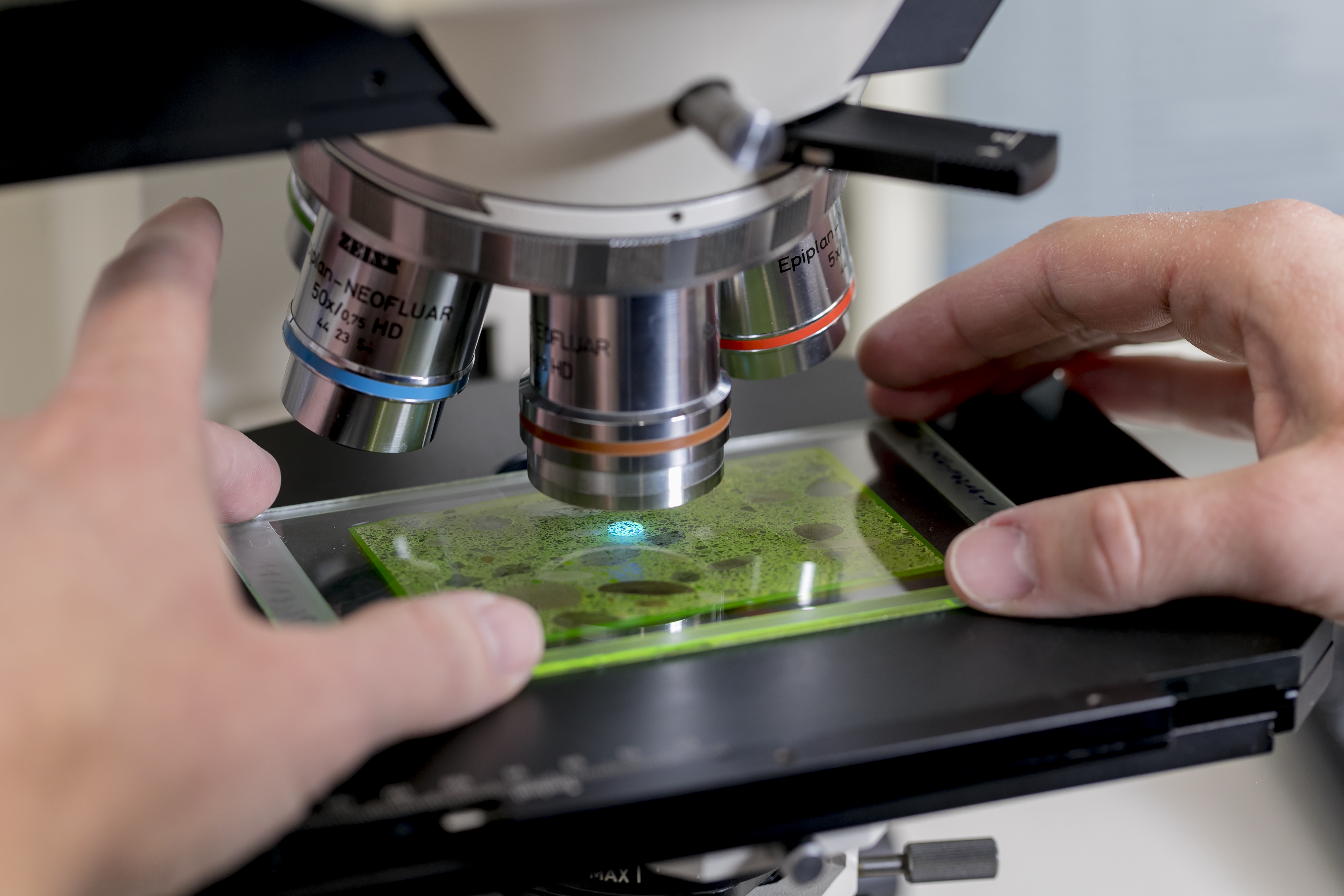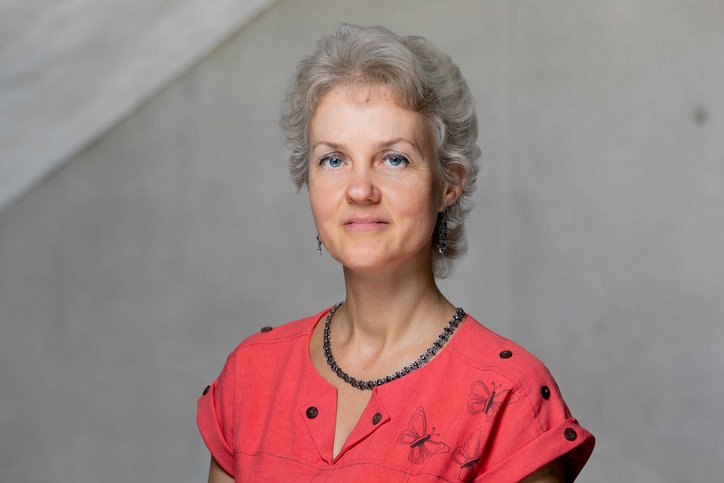Learning objectives
You shall be able to
- explain the chemical reactions that take place during the production of clinker/cement;
- identify the factors that influence the properties of cement clinker and assess their significance for product quality;
- assess and implement quality control and analytical methods in the cement production process.
Target groups
- Laboratory staff
- Heads of laboratories
- Production staff
- Construction consultants
Contents
- Basics of raw materials technology: definition, occurrence and properties
- Burning technology, clinker production
- Evaluation of clinker properties
- Reactions during setting and hardening of cement
- Cements properties
- Quality assurance and analysis
Subject to change
Timetable
- Day 1: 10:00 - 17:00h CET
- Day 2: 09:00 - 16:00h CET
Location
- VDZ, Düsseldorf
- You will find information on how to get there further down on this website.
Seminar fee
- 1,450.00 € per person
- VDZ members receive a 10% discount on the seminar price.
Further details
- The seminar is conducted by several experts in the field of cement chemistry who convey their knowledge in a practice- and target-group-oriented manner.
- Besides practice-oriented lectures, a tour of the VDZ laboratories is an integral part of the seminar. There is also sufficient time for exchanging experiences and discussing problems.
- After completing the seminar, you will receive a VDZ certificate of attendance.

